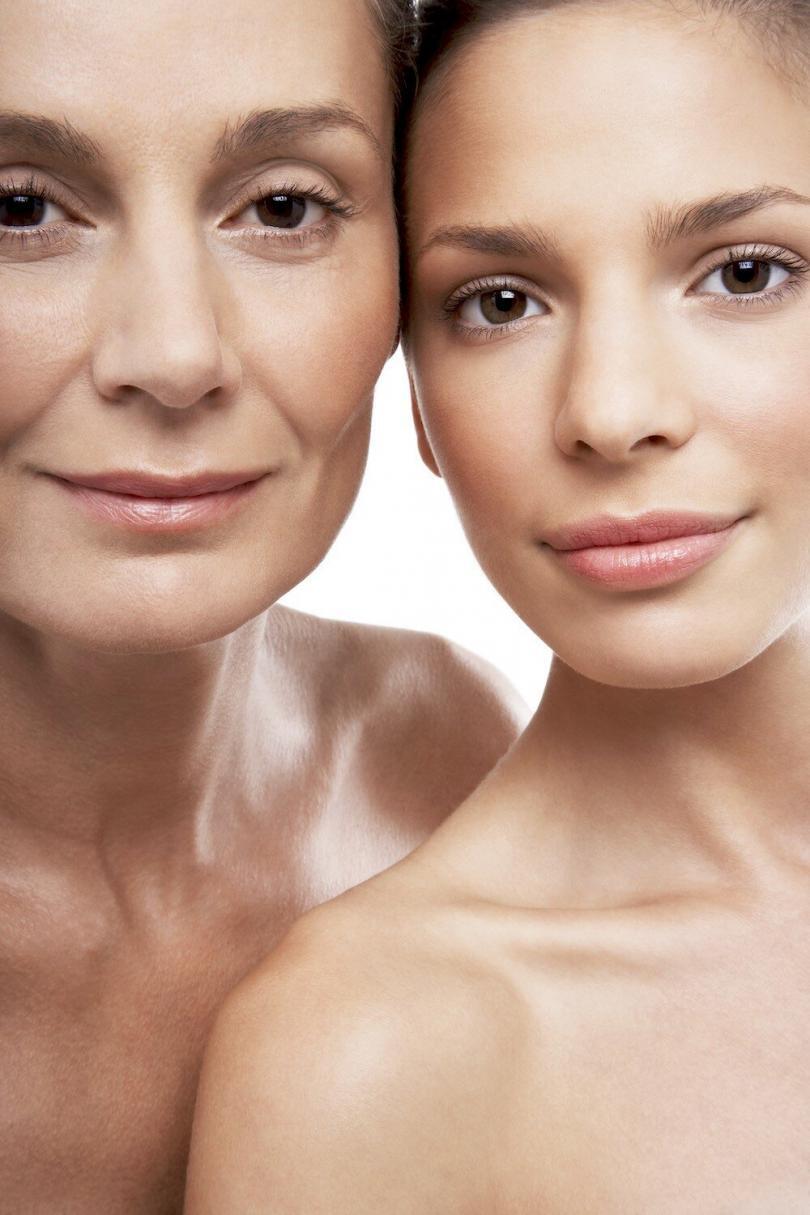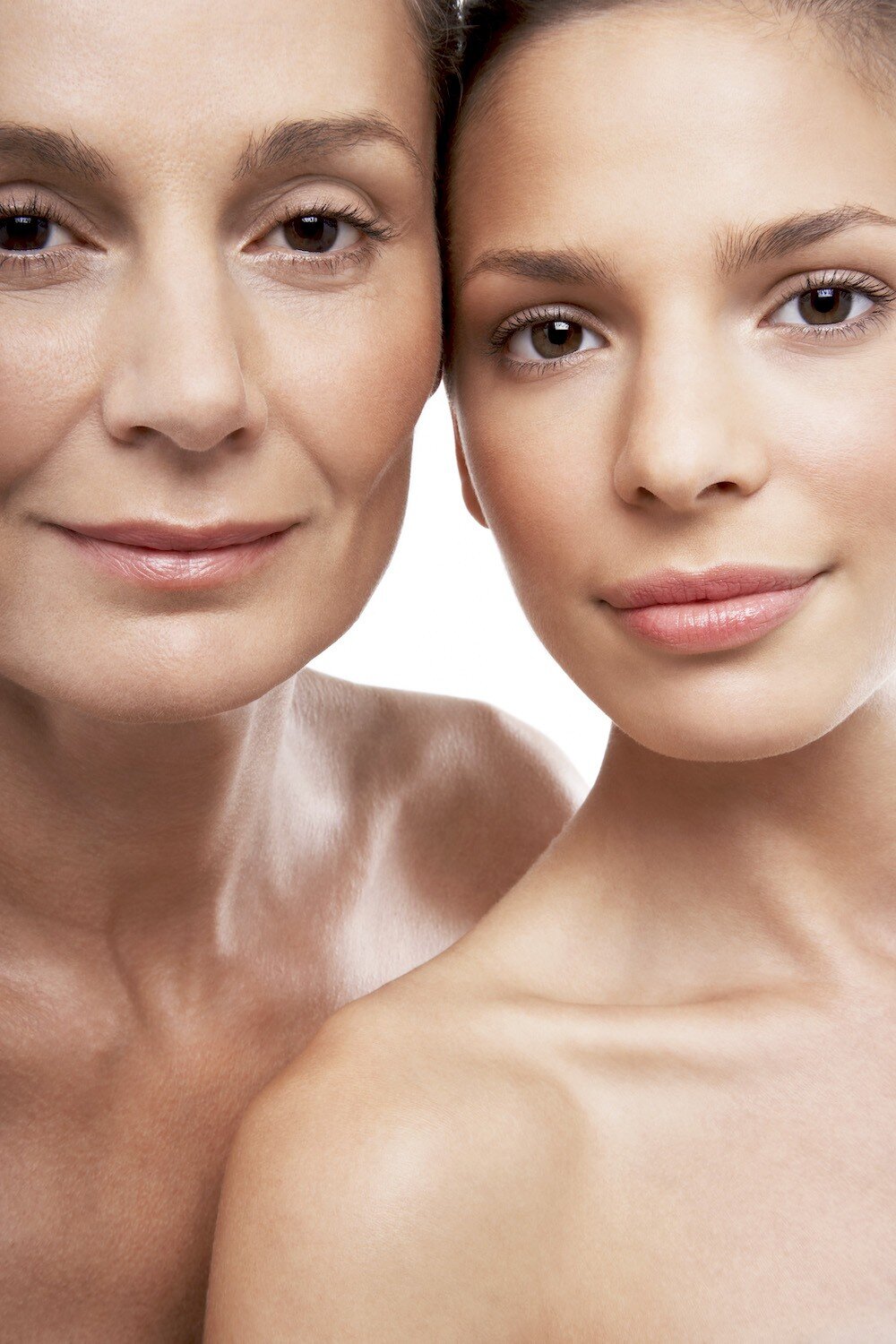A List of the Best Vitamins for Skin
For most people, taking care of the skin is part of their health regime. This includes finding the best vitamins for skin. However, they focus on skin products like moisturizers, sunscreen lotions, and other beauty products. While the products help you maintain glowing skin, they are not as effective as getting enough vitamins. Nourishing your skin with a healthy dose of vitamins can keep it youthful and eradicate dark spots, wrinkles, and excessive dryness. You can increase your vitamin intake with a multivitamin or apply it directly on your skin. Read on to find out the best vitamins for skin nourishment.
Vitamin D
While UV rays from the sun can wreak havoc on your skin, you need a little sun to keep your skin healthy. Vitamin D is one of the best vitamins for skin and is essential in forming new cells, which are vital for maintaining your skin tone. The body naturally makes vitamin D with a little exposure to the sun. Therefore, you should bask in the sun a few hours daily to prevent infections like psoriasis. In areas with little sunlight, you can use a Calcitriol cream, a human made version of vitamin D. You can also get a dose of vitamin D from salmon, tuna, and other fortified foods.
Vitamin C
Vitamin C protects your skin from harmful UV light, which can cause cancer. The oxidant properties of vitamin C remove free radicals and decreases cell damage by improving the healing of wounds. This enhances the effectiveness of sunscreen lotion, keeping your skin healthy. Vitamin C is also responsible for collagen production, which fends off signs of aging. Collagen synthesis reduces the appearance of wrinkles and prevents the constant drying of the skin. You can get vitamin C in skincare products or take it through supplements.
Vitamin E
Vitamin E is a rich source antioxidant, making it vital for keeping your skin glowing. It absorbs UV rays from the sun, preventing damage and dark spots. Increasing your intake of vitamin E improves your body’s photo-protection ability. When you have dry skin, your sebum is low, and it can lead to skin dryness. Fortunately, vitamin E counteracts low sebum keeping your skin conditioned and reducing inflammation. Using care products with vitamin E is not enough; you also have to increase intake in your diet by eating nuts and seeds.
Vitamin K
The primary function of vitamin K is blood clotting, which enhances the healing of wounds and bruises. It also eradicates stretch marks, dark spots, and scars. Most people get adequate vitamin K from leafy green vegetables. However, you can increase your intake with supplements or apply creams containing the vitamin.
B Vitamins
B vitamins play a vital role in major body functions like metabolism and brain function. They also influence the health of your skin, and often a deficiency of B complex leads to rashes and dryness. Their role in cell renewal keeps your skin young and healthy. Therefore, you should include them in your diet or take oral supplements.
Vitamin deficiencies can have devastating effects on your skin. If you cannot get adequate vitamins for skin nourishment, consider taking supplements for your skin to stay healthy.




Leave a Reply